|
LISTEN TO THIS THE AFRICANA VOICE ARTICLE NOW
Getting your Trinity Audio player ready...
|
When Gathoni Wamuchomba leans back in her chair, her gaze sharp and unflinching, you get the sense she’s not just speaking—she’s declaring.
A former radio queen turned political firebrand, the Githunguri Member of Parliament has become one of Kenya’s most compelling voices of dissent, boldly challenging the very administration she once helped usher into power.
In an exclusive interview with The Africana Voice, Wamuchomba doesn’t hold back. She speaks with the raw honesty of someone who’s been to the heart of power, only to find it hollow, or so she believes. Her words slice through political niceties, revealing the fractures in Kenya’s ruling Kenya Kwanza Alliance, the simmering discontent in Mt. Kenya, and the heavy cost of defiance in a country grappling with its democratic soul.
Before politics, Gathoni Wamuchomba was a voice that echoed in countless Kikuyu homes. For over 20 years, she dominated the airwaves as a journalist and radio host, primarily broadcasting on Kikuyu radio stations, where her candid commentary and deep connection with her audience made her a household name. But the microphone wasn’t enough. She traded the studio for Parliament, because she believed she could do more than just talk about change—she could make it happen.
Her political journey was meteoric. It began in 2017, when she was elected as the Kiambu Woman Representative with a landslide win of an impressive 922,829 votes, thus becoming the third candidate to garner over 900, 000 votes. She came after Uhuru Kenyatta and Raila Odinga, respectively.
Her popularity soared, and in the 2022 general elections, she contested and won the Githunguri Constituency MP seat. She rode the wave of President William Ruto’s populist campaign, championing his “hustler” narrative that promised economic liberation and democratic renewal. She stood shoulder-to-shoulder with Rigathi Gachagua, the fiery deputy from Central Kenya, rallying the Kikuyu heartland to back the Kenya Kwanza ticket.
But in Kenyan politics, alliances are fragile, and loyalty is often a fleeting currency.
Barely into his presidency, Ruto’s partnership with Gachagua unraveled. Their fallout was as dramatic as their rise, culminating in Gachagua’s impeachment—a political earthquake that sent shockwaves through Mt. Kenya. In the aftermath, many distanced themselves from the embattled deputy. But not Wamuchomba.
She stood her ground, refusing to abandon Gachagua even as the political tide shifted. In fact, her loyalty grew fiercer, her criticisms sharper.
“We are that community that once we make a decision that we don’t want you, even if you marry our daughter, we will attend the wedding but still don’t want you,” she says. “Take Kabogo, Kagwe, Gathoni, Waiguru—all of them. Put them there. Mt. Kenya is not with you. We are gone.”
It’s not just rhetoric. It’s a message to Ruto, that Mt. Kenya has moved on.
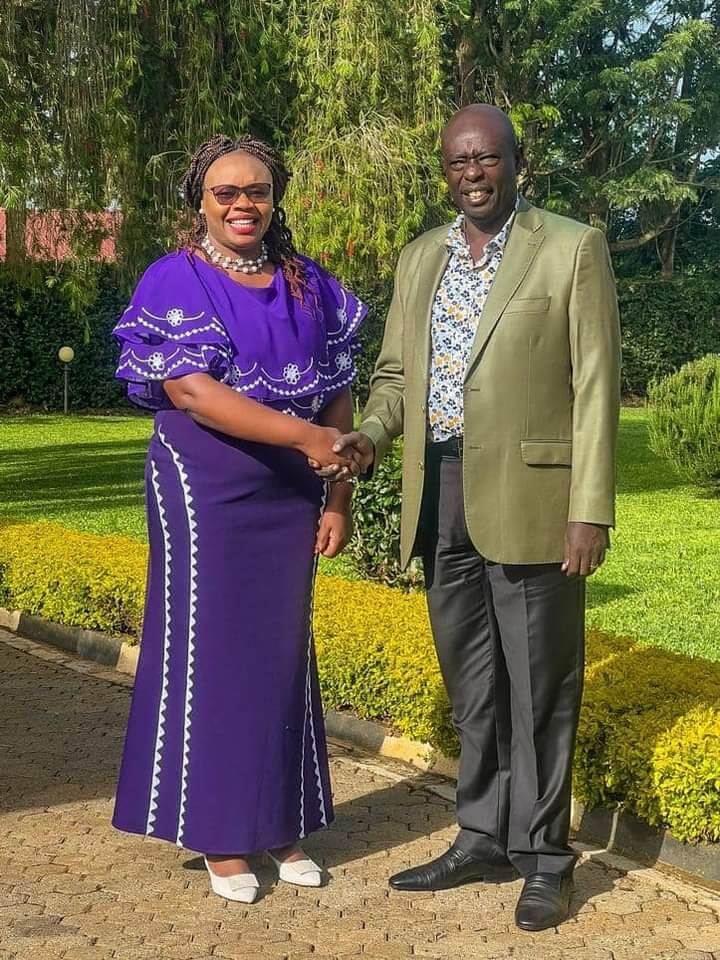
Wamuchomba’s disillusionment isn’t just personal. It’s rooted in what she sees as a betrayal of Kenya’s democratic ideals. The tipping point was the Finance Bill 2024, a controversial piece of legislation that sparked nationwide protests. Wamuchomba was among the few MPs who defied the party line, voting against the bill in solidarity with her constituents.
Her rebellion came at a cost. Government loyalists threatened to withhold development funds from Githunguri, warning residents that their MP’s defiance would starve the constituency of progress. But Wamuchomba remains unbowed.
“President Ruto is not doing my people of Githunguri a favor by sending me the CDF money,” she scoffs. “I went to Parliament to exercise my rights. I can support a bill or refuse to support it based on my information and supported by my voters. Am I not their servant?”
It’s a radical stance in a political culture where development is often dangled like a carrot, contingent on loyalty to the ruling elite. But Wamuchomba refuses to play that game.
Perhaps the most chilling part of our conversation is when she talks about the growing climate of fear under Ruto’s regime. She doesn’t sugarcoat it.
“Now Kenya is becoming Abdakistan,” she says. “Abdakstan” is a corruption of “abduction” with the suffix “-stan,” commonly associated with countries in Central and South Asia. While ‘-stan’ literally means ‘land,’ Wamuchomba uses it metaphorically to describe Kenya as a “land of abductions,” where enforced disappearances are becoming disturbingly routine. It’s a term loaded with political defiance—meant to shock, to provoke, and to name what many fear but hesitate to say out loud.
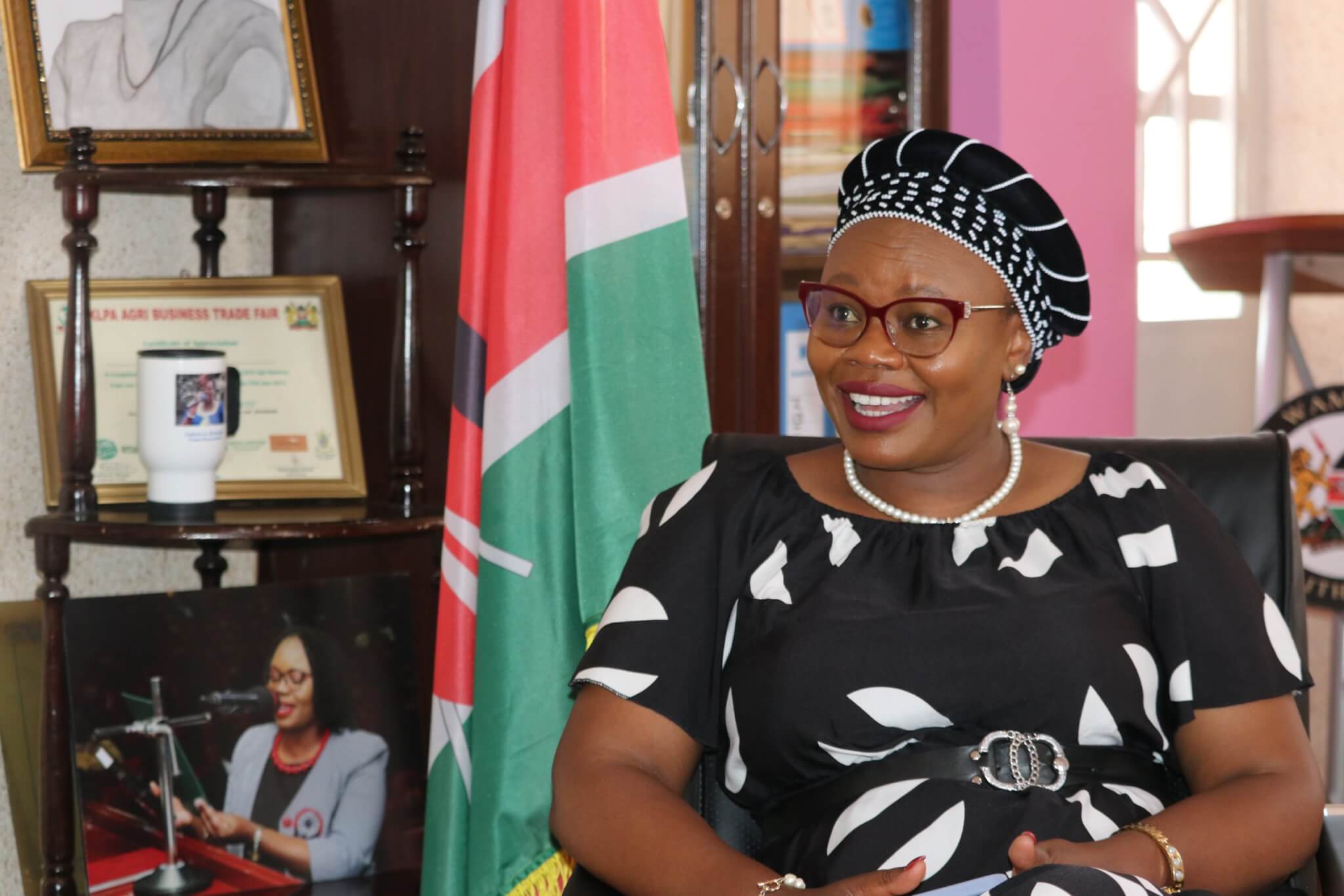
Her outrage is rooted in an interesting irony. She remembers how Ruto, as a candidate, condemned extrajudicial killings with righteous fury, particularly the infamous Yala River bodies case, where dozens of unidentified bodies were discovered—victims of alleged state brutality.
“The day he spoke against the Yala extrajudicial killings is when everybody believed in him and thought finally the savior has come,” she recalls. “But now, the same issue he condemned has come back even bigger than it was before.”
This, Wamuchomba sees it as a political hypocrisy and a personal betrayal— for herself and especially the Kenyan people who voted for change and got repression instead.
She in a moment takes a deep breath, and seconds of reflective silence and breaths, “You know what?…” She goes on to liken Ruto’s presidency to the fleeting life of a bee.
“When the bee’s lifespan date has arrived, the bee has to die. It doesn’t matter how sweet, how powerful the honey it produces is—when the actual date of its lifespan arrives, the bee has to die.”
She’s not just predicting Ruto’s political downfall—she’s declaring it inevitable.
While much of the anti-Ruto sentiment has been amplified by Kenya’s vocal Gen Z activists, Wamuchomba warns that the real anger is simmering quietly in places the media rarely captures.
“The people criticizing him are not just the Gen Zs who draw cartoons,” she says. “If you go right now to the village and mention the name of the president, like in my constituency, people will stone you. They don’t draw cartoons, they don’t sing protest songs—they are quietly bitter.”

She says that the nation is seething in silence, and the rage of the citizens is hidden behind polite smiles and everyday struggles. “The matatu driver is suffocating, the conductor is hurting, the payslip people are in pain,” she says.
“Abducting cartoonists and artists is an effort in futility,” she adds. “Even if they shut down the internet, they are going to do nothing. These things will have no impact on the suffering Kenyans. In fact, they will make things worse.”
In many ways, Wamuchomba embodies the spirit of a fierce, fearless renegade. She knows the risks. Dissent in Kenya can come with threats, intimidation, even worse. But she’s not backing down.
“Serve the people. Stop bringing your problems to one person,” she says, dismissing the government’s obsession with scapegoating Gachagua for its failures. “If Gachagua was the problem, he is out of government. Why aren’t our university students thriving? Why aren’t our roads done?”
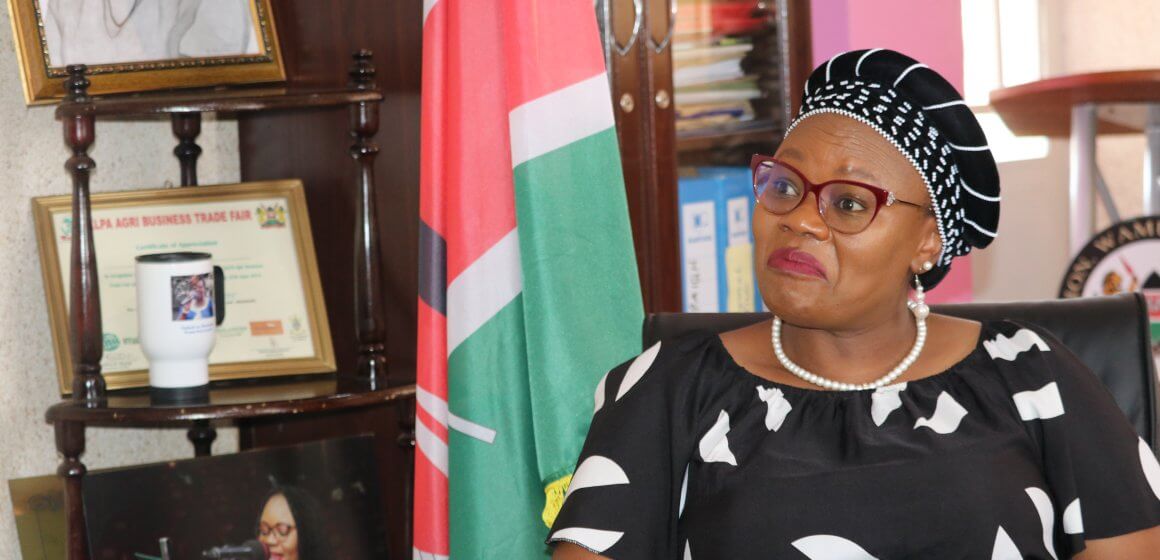
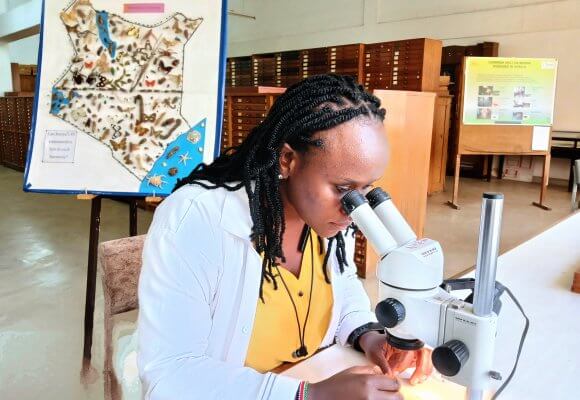
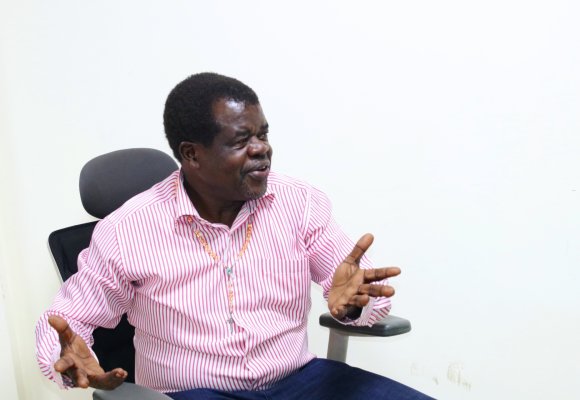



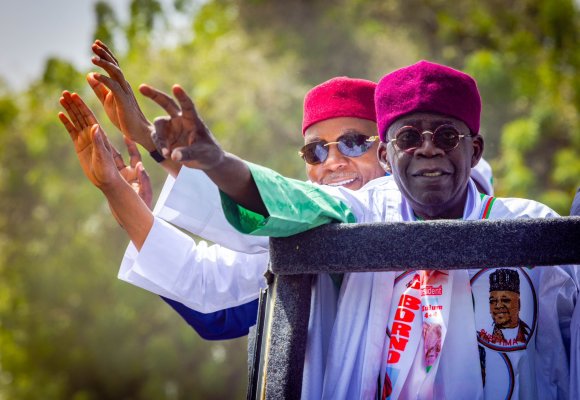

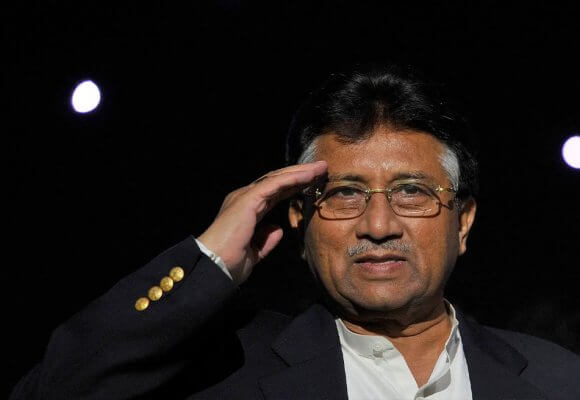
LEAVE A COMMENT
You must be logged in to post a comment.